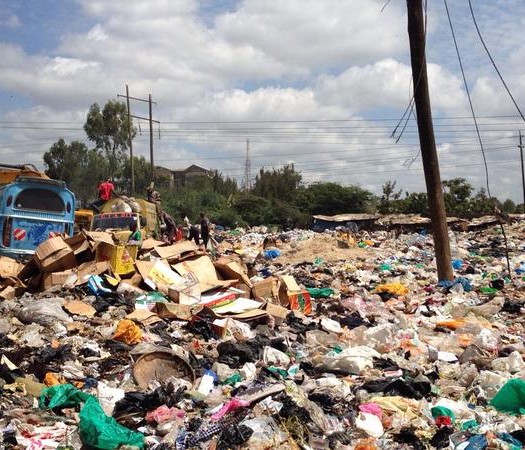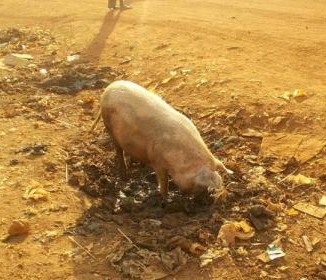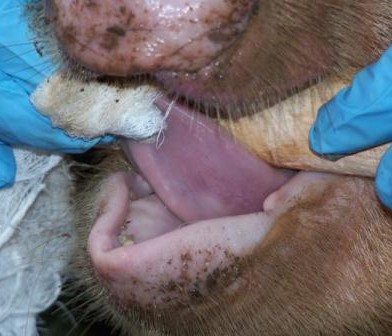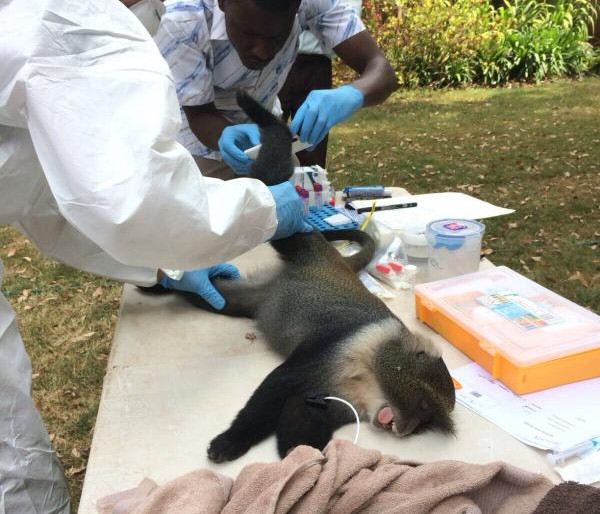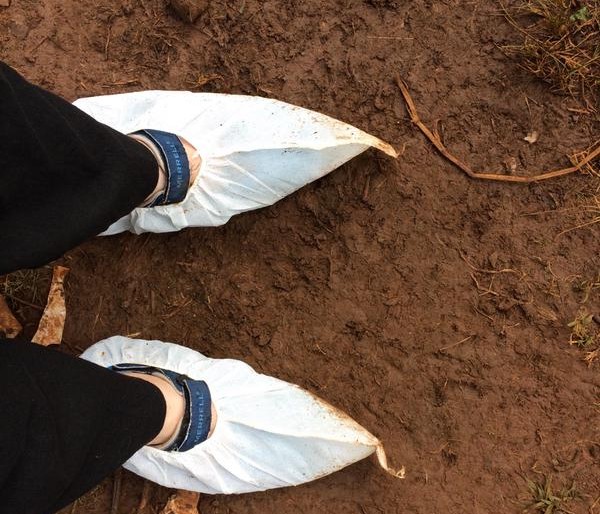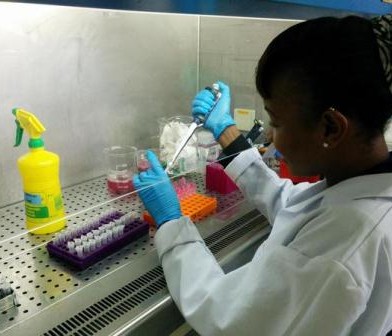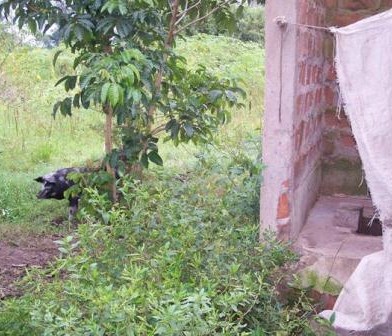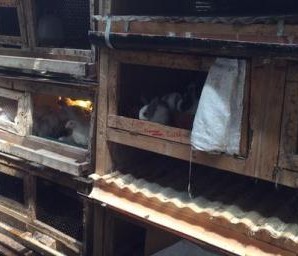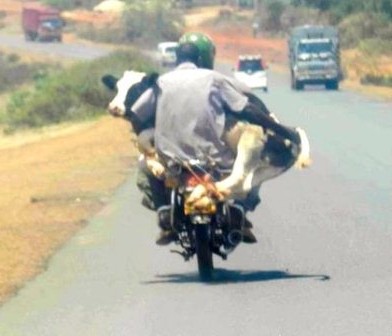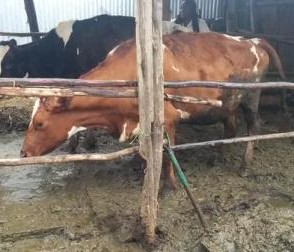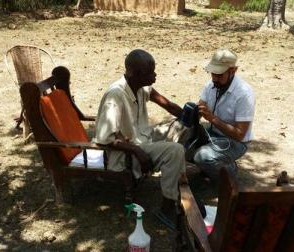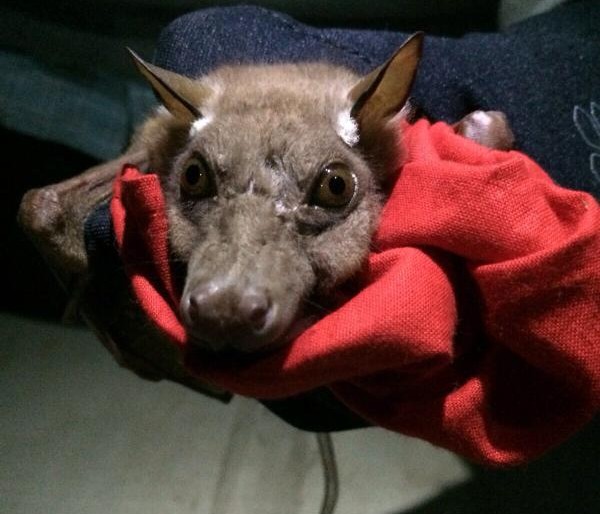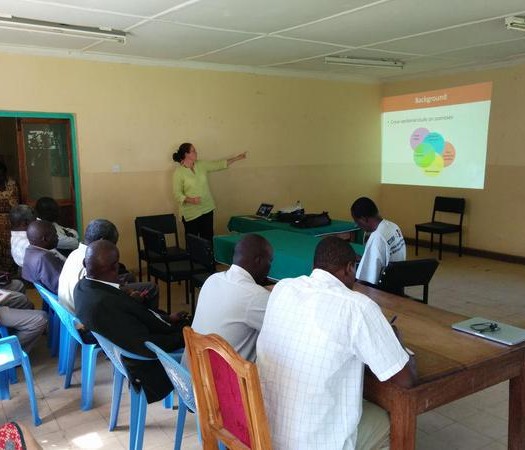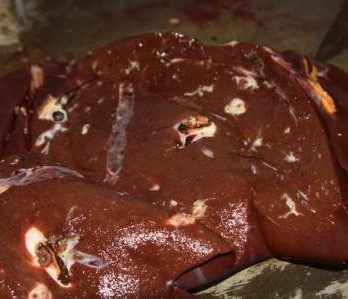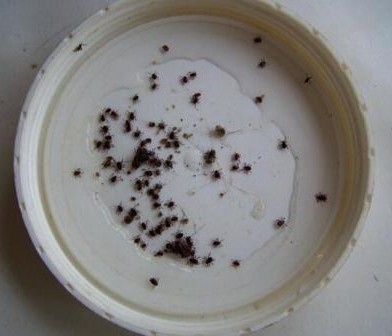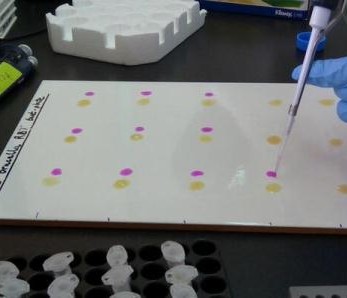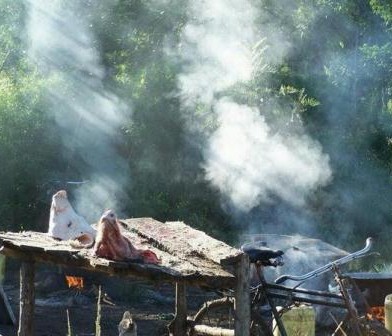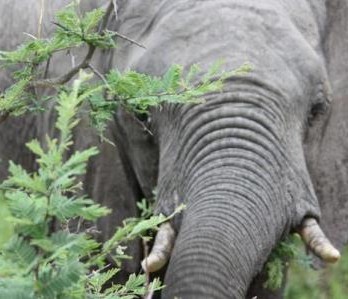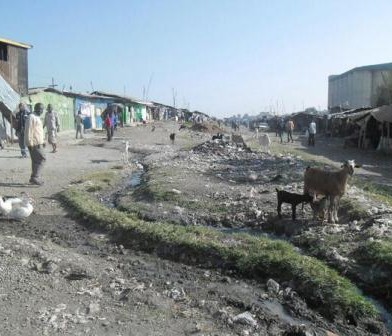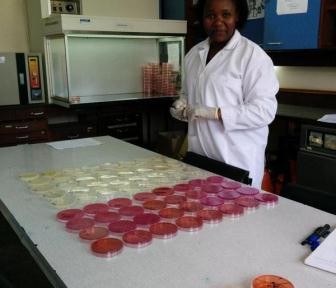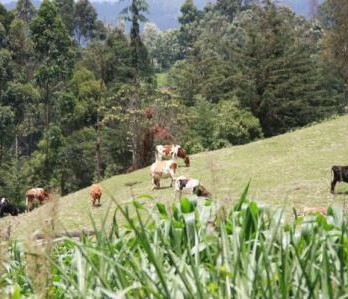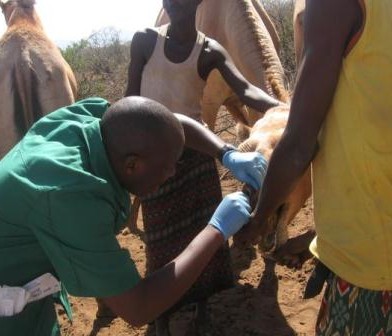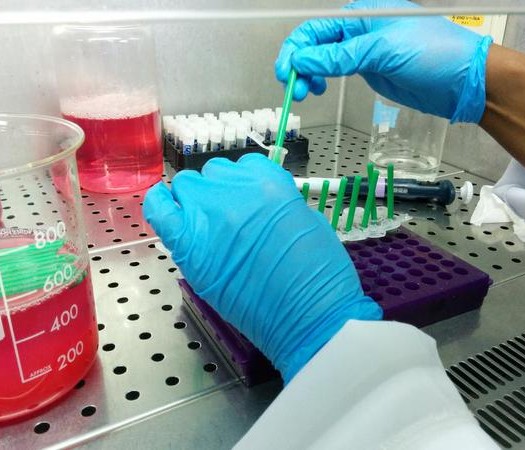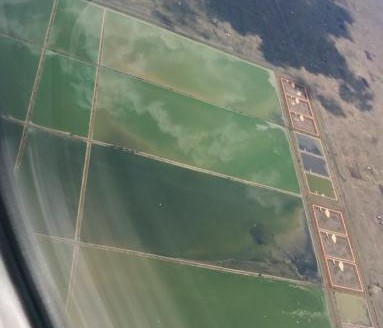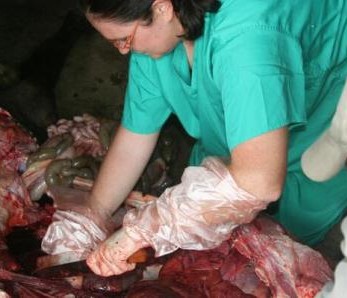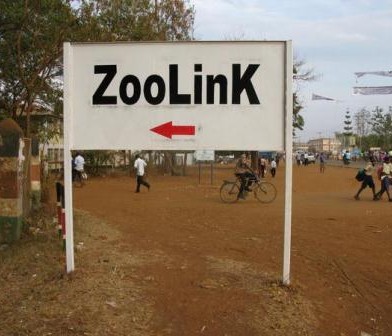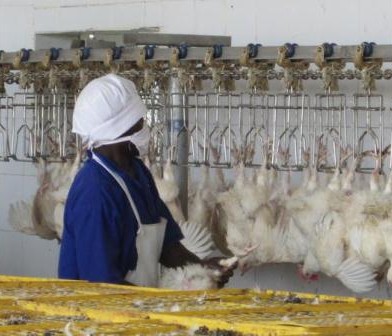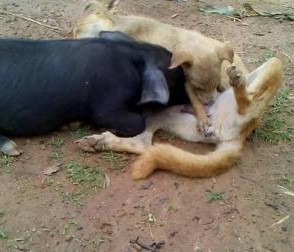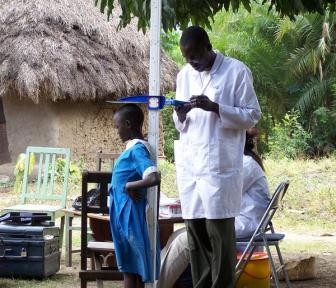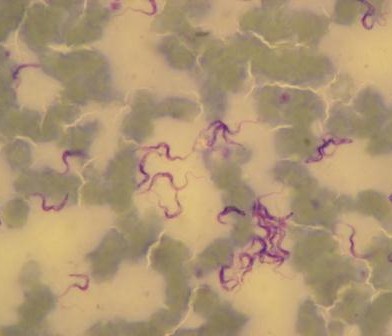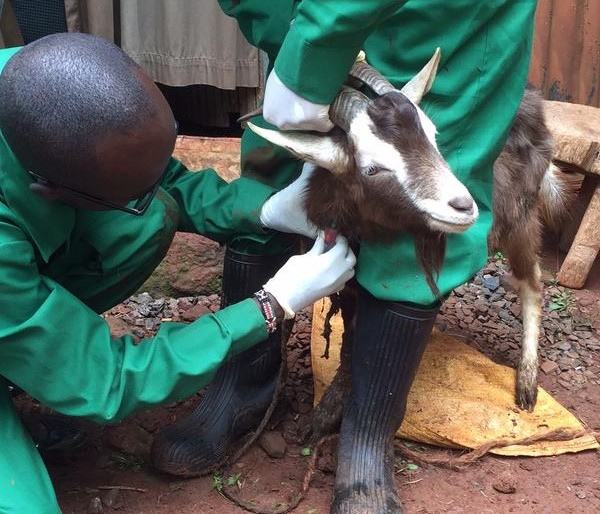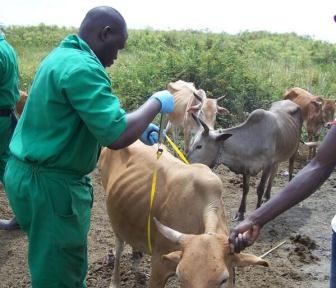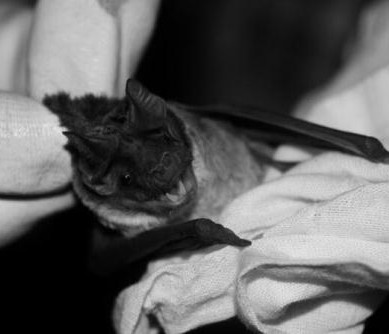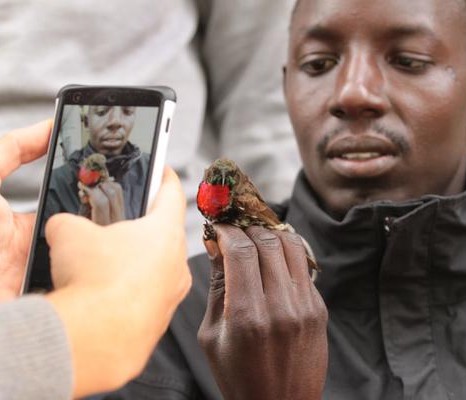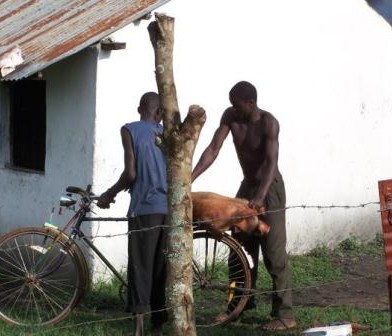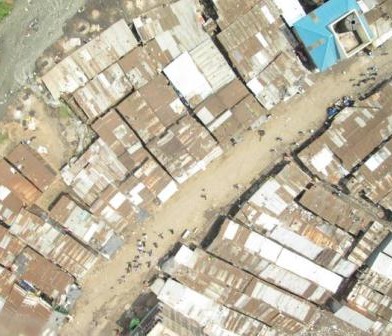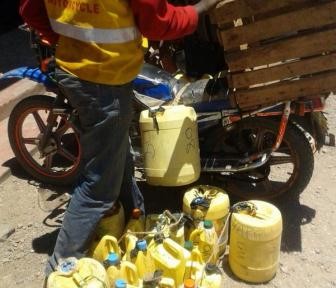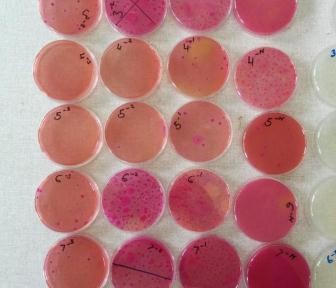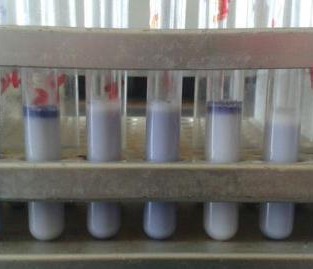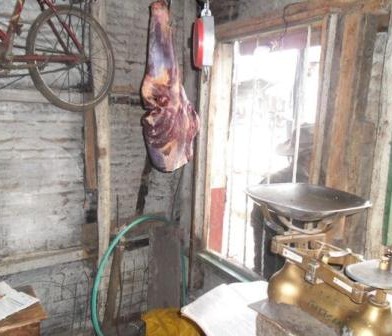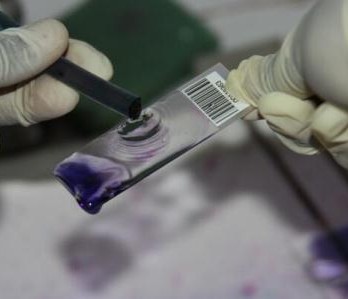ISVEE 14 in the City of Merida, Yucatan, Mexico, during 3-7 November 2015. Pre- and post-symposium workshops will be offered during 1-2 and 8-12 November, respectively. The Theme for ISVEE 14 is “Veterinary Epidemiology & Economics: Planning Our Future” http://www.isvee2015.org. Several papers from the urban zoo team have been accepted for oral presentation.
Below is the letter from Alfredo Dájer the President of the Organizing Committee of ISVEE 14
Dear ISVEE Delegates,
You are cordially invited to ISVEE 14 in the City of Merida, Yucatan, Mexico, during 3-7 November 2015. Pre- and post-symposium workshops will be offered during 1-2 and 8-12 November, respectively. Merida’s weather is at its best in November – maximum temperature 28C/82F; minimum 20C/68F.
The Theme for ISVEE 14 is Veterinary Epidemiology & Economics: Planning Our Future
Our world is changing. Human population growth is predicted to increase nearly 50% to 11 billion by 2050, and climate change and changing land use will have an impact on local and global food systems, interactions among humans, wildlife and domestic animals, as well as local, regional, and global public health alerts. How can we help our systems of education, research, and public policy adapt? Are new veterinary graduates and epidemiology practitioners prepared to become active protagonists in the solution of health issues that affect humans and animal populations in a changing environment? What innovative research is needed to understand and enhance the food systems of the future? What are the expected roles or contributions of veterinarians or epidemiology practitioners on future climate change, food systems, and health? Is our profession or discipline leading One Health initiatives? Are there current or new models that make national veterinary services more efficacious and efficient for disease control and eradication?
We want ISVEE 14 Yucatan 2015 to be a forum for ISVEE Delegates in academia, public services, and private sectors to create a vision for the future of veterinary epidemiology at the local, regional, and international levels. We will invite keynote speakers to share their vision and innovative ideas on education, technological developments, research, and public policy of our future. At the same time, we welcome the opportunity to learn more about the wide spectrum of education, research, and public policy initiatives led by ISVEE Delegates all over the world, alone or in collaboration with other professionals in the health and social sciences.
Thank you and we look forward to seeing you in ISVEE 14 in the City of Merida, Yucatan, in November 2015. We know that you, your family, and friends will enjoy Yucatan’s people, culture, food, and many other attractions offered by the City of Merida, the peninsula of Yucatan, and surrounding areas.
Sincerely,
Alfredo Dájer
President of the Organizing Committee of ISVEE 14


